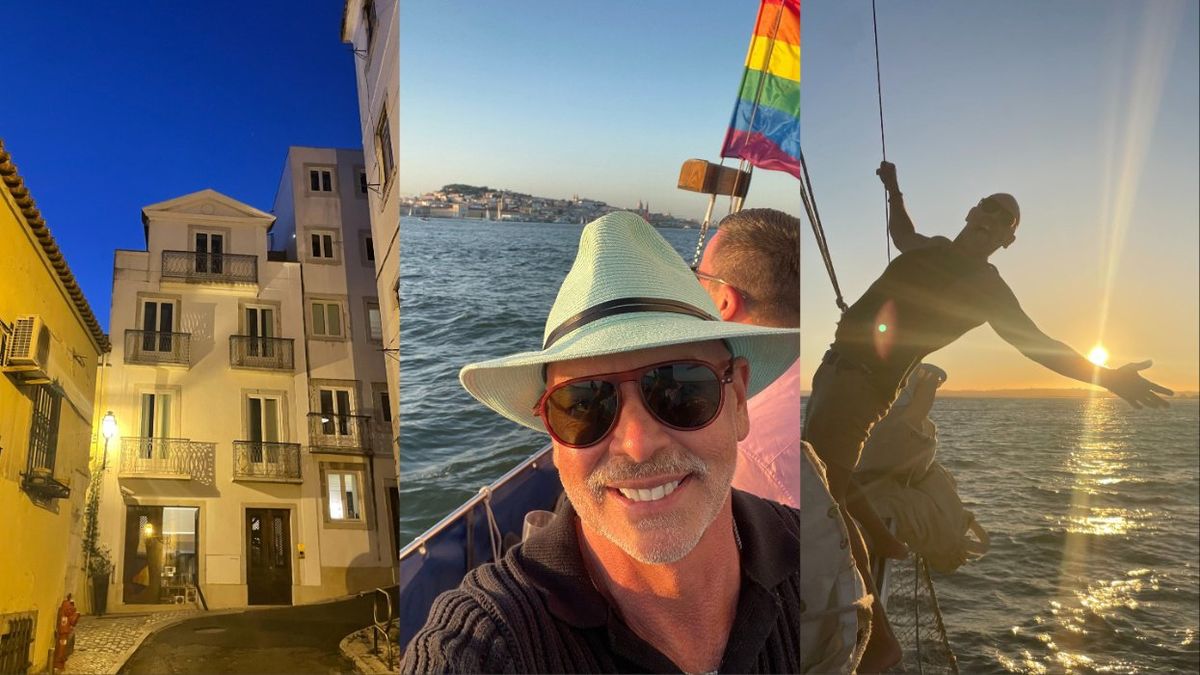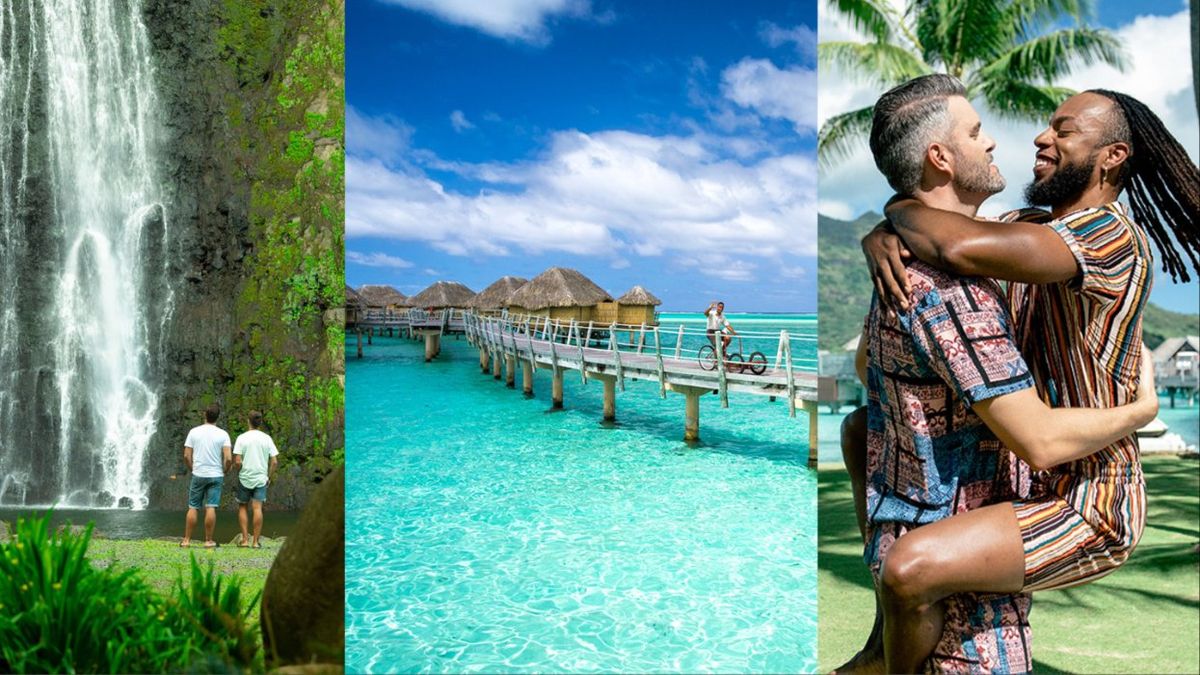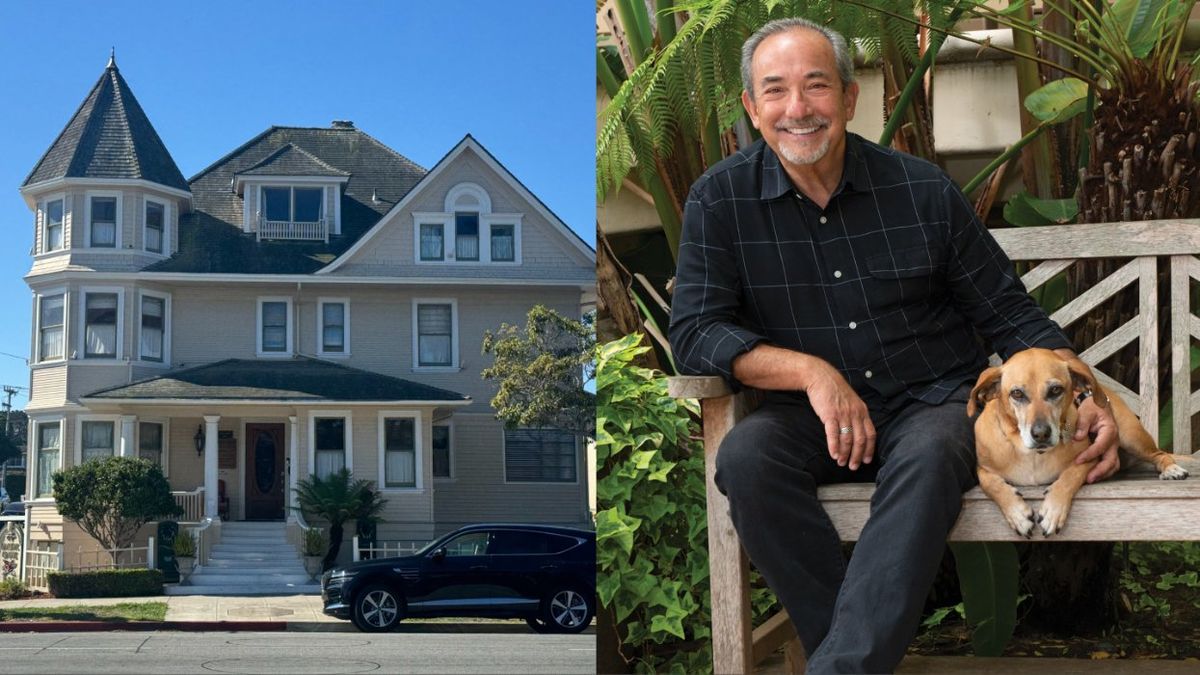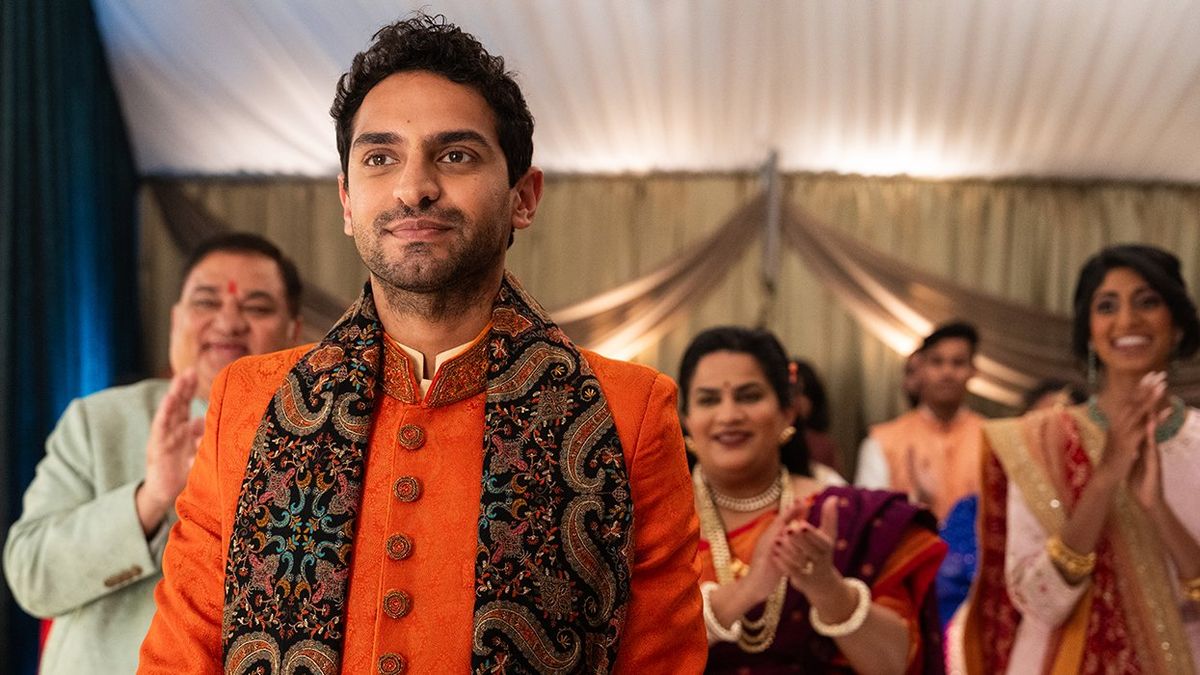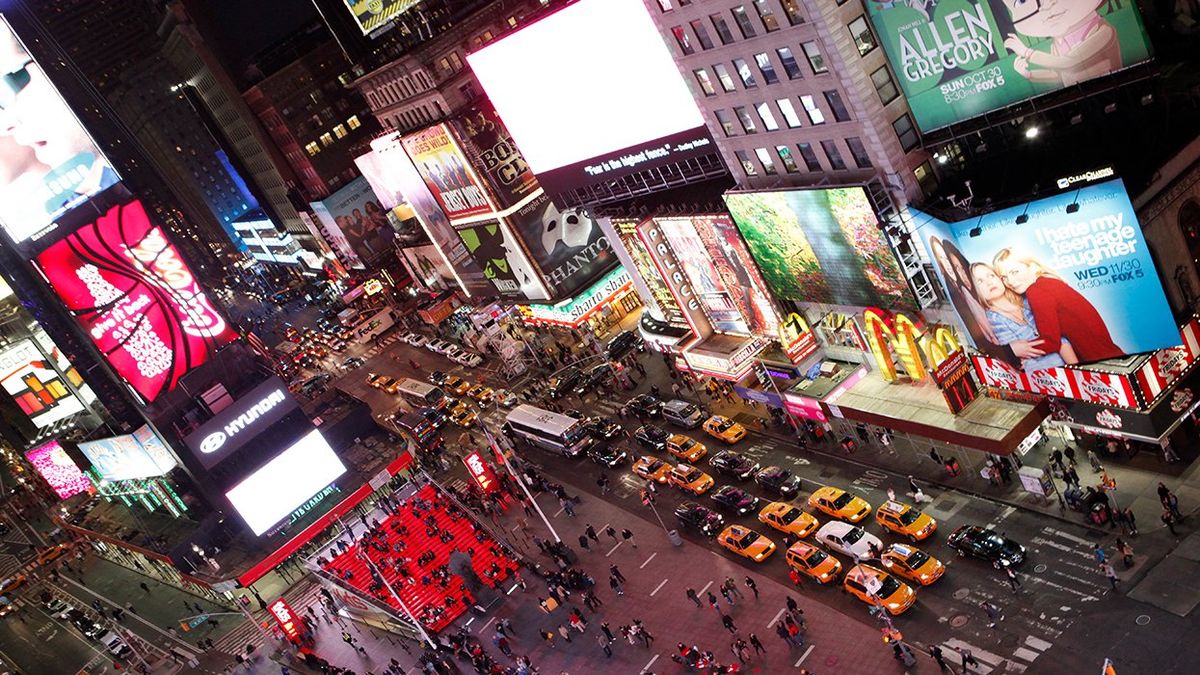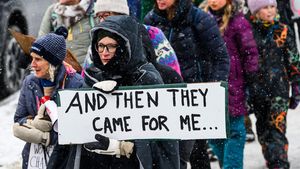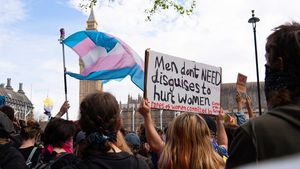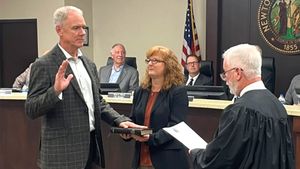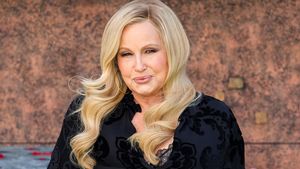The recent Annual Global Convention of the IGLTA, an international LGBTQ+ travel association, provided some insights into what travel will look like in the coming years. Here’s some of what was covered at the convention, which was held in Atlanta for the very first time this year.
John Tanzella, President & CEO of the IGLTA, led off by stressing to hospitality companies in attendance that they must start paying closer attention to queer travelers and their needs, and not merely give them lip service.
“You can’t come around in June and slap a Pride flag on things and then forget us in July. LGBTQ travelers are loyal — and savvy — travelers,” he said.
What is the market?
It’s difficult to pin down the precise size of the LGBTQ+ travel market because no one knows exactly how big the community is. Thomas Roth and David Paisley of Community Marketing & Insights noted that if you assume 5 percent of the population is LGBTQ+, it’s a $50 billion market … and if you assume a 10 percent number, it’s a $100 billion market.
In 2019, all domestic and international travelers spent $1.1 trillion in the U.S., but Roth and Paisley said that the number of trips may be higher for LGBTQ+ travelers, maybe as much as 1.5 times higher. They also dispelled the popular notion that queer travelers have much more disposable income and primarily want luxury options.
“Household income is about the same as the general population,” Paisley said. “Don’t come to our market for luxury only. There is a luxury LGBTQ market, but also a budget LGBTQ market.”
Roth also pointed out that 77 percent of LGBTQ+ people have a passport — and we use them 2-3 times per year. For the general population in the U.S., passport ownership is more in the 20 percent range, an impressive difference.
The future of travel, according to Google
Matthew Pritchard, Google's head of Industry and Travel for the Southeast U.S., discussed what’s been happening in travel from the search engine giant’s perspective. He said that Google has seen an acceleration in search interest for some specific destinations.
“National parks were big last summer,” he said. “Will cities be the new hot thing? Not necessarily. But ‘Vegas flights’ searches have been increasing while ‘Miami hotels’ has dropped.”
Pritchard said that consumer demand currently seems to be high for European cities. Meanwhile, on the domestic front, Las Vegas, New York, and Los Angeles have been hottest.
He noted that inclusive marketing is the right thing to do and stressed that hospitality companies need to focus on that.
“A lack of representation and portrayal in media cause harm to individuals and communities,” he said. “Stereotypes and negative portrayals contribute to prejudicial bias and active harms. Lack of representation in media can undermine self-confidence in adolescents — and portrayals in media can negatively shape individuals’ self-identity.”
Pritchard’s prediction for the future of travel was threefold:
1. It will be flexible. A Google-Ipsos survey found that 57 percent expect that travel will be more flexible, and it will be easier to change trips without penalties.
2. It will be intentional. Consumers have the ability to do more research themselves than ever before. And more than 70 percent of travelers think that travel companies should offer more sustainable choices.
3. Travel is up for grabs. Fully 1 in 3 people are open to booking with a travel company they haven’t used before. And this is true for business travelers as well as leisure travelers.
Hot markets for 2022
Ranjan Goswami, senior vice president of Customer Experience at Delta Air Lines, said that the recovery has been choppy.
“With the variant, we’re seeing a lot more last-minute travel,” he said. “The Caribbean and Mexico are bigger than ever for us. Places that are making travelers feel comfortable and where entry is manageable, we’re seeing travelers come back. We have airplanes and we can point them wherever the demand is.”
Goswami said that LGBTQ travelers are incredible explorers and they will go anywhere.
“Iceland has definitely shown up. And Spain is big, too,” he said.
Jody Cole, founder of Wild Rainbow African Safaris, explained that in Africa, almost every country is open. Most have a 48-hour PCR test requirement before boarding your aircraft. She noted that adventure is hot now for her market.
“LGBTQ travelers are looking for more remote destinations and wilderness adventures, from safari walks to backpacking trips,” she said. “And luxury wilderness experiences, too.”
Rick Stiffler, senior vice president Global Sales-Leisure, Preferred Hotels & Resorts, said that he saw bright spots from Asia to right here in North America.
“Areas like Asia Pacific are going to be alive once they open up,” Stiffler said. “Mexico has been doing very well throughout the pandemic. We’re eager to grow in Canada — and Canada is going to be exciting. City destinations will be big, too.”
Check out our own predictions for 2022 from issue #25 of Out Traveler.

















